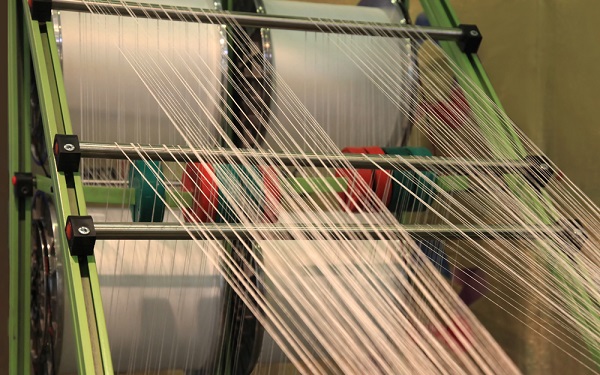
Nigerian officials said a shortage of textile lubricants contributed to the downfall of the countrys textile industry, but blenders there told Lube Report that it was the other way around.
The debate was set off by Waheed Olagunju, executive director of small and medium enterprises for the Bank of Industry, who noted at a BOI Vocational Skills Competition in Kaduna that lack of lubricants was one of many factors that contributed to the collapse of the textile industry in Nigeria. Femi Adekoya, head of media for the BOI, confirmed to Lube Report the comments made by Olagunju.

Photo: sspopov / Shutterstock
Although specialty oils for the textile industry are not scarce, they can only be produced when there is demand for them.
Several blenders disputed the theory, stressing that the raw materials needed for lubricants such as spindle oils, needle oils and sinker oils are available to regional blenders, but that such specialty oils are produced only when theres demand for them.
According to a report last week in the independent Nigerian newspaper The Guardian, the nations textile industry grew at an annual rate of 67 percent between 1985 and 1991, employing over 350,000 people at around 180 textile mills. Now, most of the approximately 25 mills still in operation run at less than 40 percent of their capacity and only employ around 25,000 workers in total. The report noted that most industry participants said it has been hard to compete with an influx of cheaper fabrics from Asia and other regions.
Textile lubricants were produced by many companies in the past, but were reduced as a result of low patronage occasioned by the collapse of the industry, said Olaniyi Okedairo, chief operating officer for Ronad Oil and Gas West Africa Ltd.
Textile lubricants may not be scarce, but [buyers] need to place an order before they can be produced. Lubricants for textiles such as needle oils and sinker oils are not fast-moving products on the Nigerian lubricant market, said Adesina Adewunmi, general manager for additive supplier Nelcon Energy.
Emmanuel Ekpenyong, head of lubricants for Honeywell Oil and Gas, concurred. In the textile industry, the lubrication requirements vary from machine to machine and from production step to production step, he said. The loads, speeds and vibrations on the bearings, chains and gears also vary greatly. In most cases, machine manufacturers specify different lubricants to be used for the different lubrication points. This, therefore, results in a huge logistical effort for blenders. So in order to manage these logistical issues, the manufacture of most industrial lubes – including textile lubes – are carried out on demand.
I am aware of even very small blenders who manufacture textile lubes, which include – but are not limited to – spindle oils, he continued. The low-viscosity base oils required for most textile oils are readily imported into Nigeria and, therefore, cannot be the reason for the collapse of such a large sector that employed millions of people.
Lubcon Ghana General Manager Adeyemi Abiona said that lubricants used in textile machines – such as hydraulics, lube oil and cutting oil – are abundantly available in both Ghana and Nigeria.